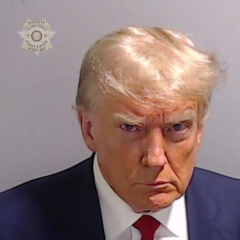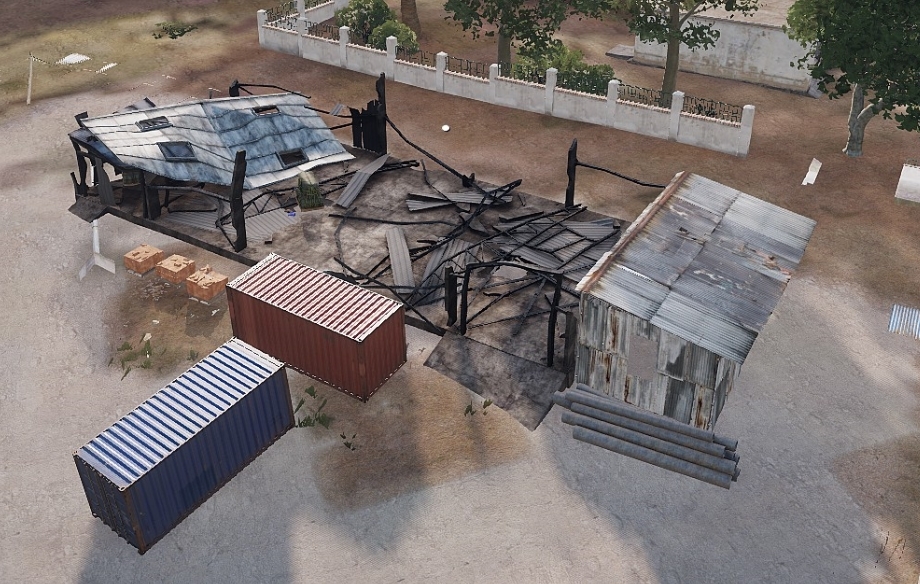-
Posts
4477 -
Joined
-
Last visited
-
Days Won
118
Content Type
Profiles
Forums
Downloads
Events
Store
Blogs
Gallery
Raffles
Everything posted by Grandma Gary
-
Can someone please remind me real quick how we treat ban evaders? @Sh^rk sit bot sit
- Show previous comments 2 more
-
I've been pranked today...
-
-
 1
1
-
- Report
-

@Grandma Gary this kid somehow knows my full name and address n shit how!!!
-

I suspect it has something to do with him being on your hip.
-
-
 1
1
-
- Report
-
- Show previous comments 1 more
-
Fuckin get it
-
 1 minute ago, Orgondo said:
1 minute ago, Orgondo said:Fuckin get it
Worst Rust admin ever.
-
-
 1
1
-
 1
1
-
- Report
-
 2 hours ago, Grandma Gary said:
2 hours ago, Grandma Gary said:Worst Rust admin ever.
The most abusive Admin ever
-
Has Rust reached 1.0?

- Show previous comments 3 more
-

Perfect timing too. They knew the biggest Altis servers were coming for them next!
-

Trailer inbound boys

-

-
So good I didn't have to fire a single shot. #CUMONMEBROS
- Show previous comments 5 more
-

Laying down and waiting till the retard ur against dies to the zone has alot of skills
 no hate just meming
no hate just meming
-

Tactical play y0. If I was playing with Peter he would been running around the field looking down the barrel of his gun.
-

For views tho

-
@Orgondo I swear on me mum it was like that when I got there

- Show previous comments 5 more
-

My house is the most destroyed building on the server regardless =P
-
I mean everytime i blow @Grandma Gary house the chair stay intact lol
-
I don't use it so doesn't bug me one bit lol








